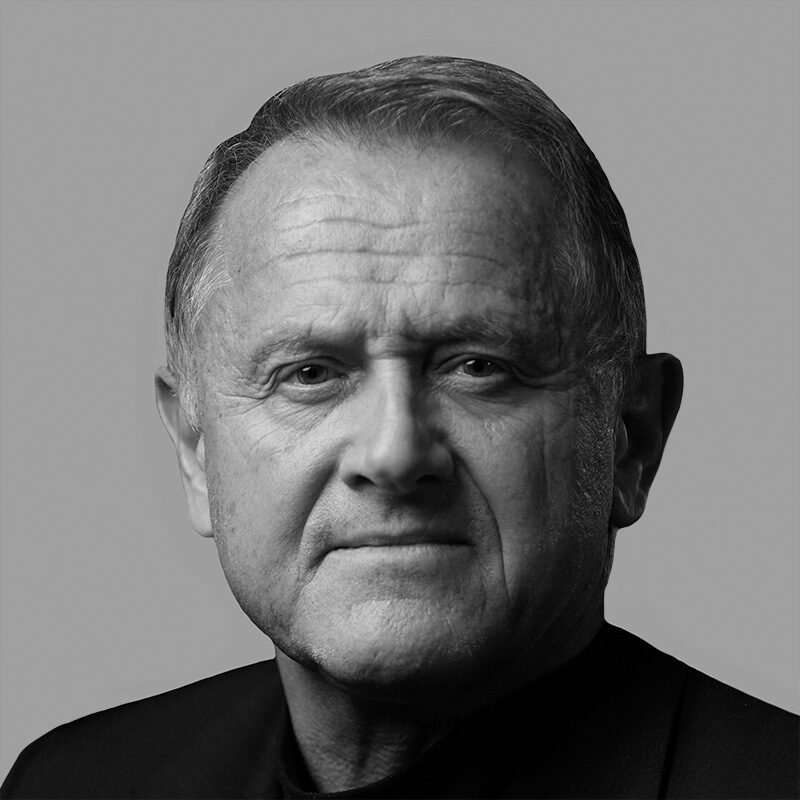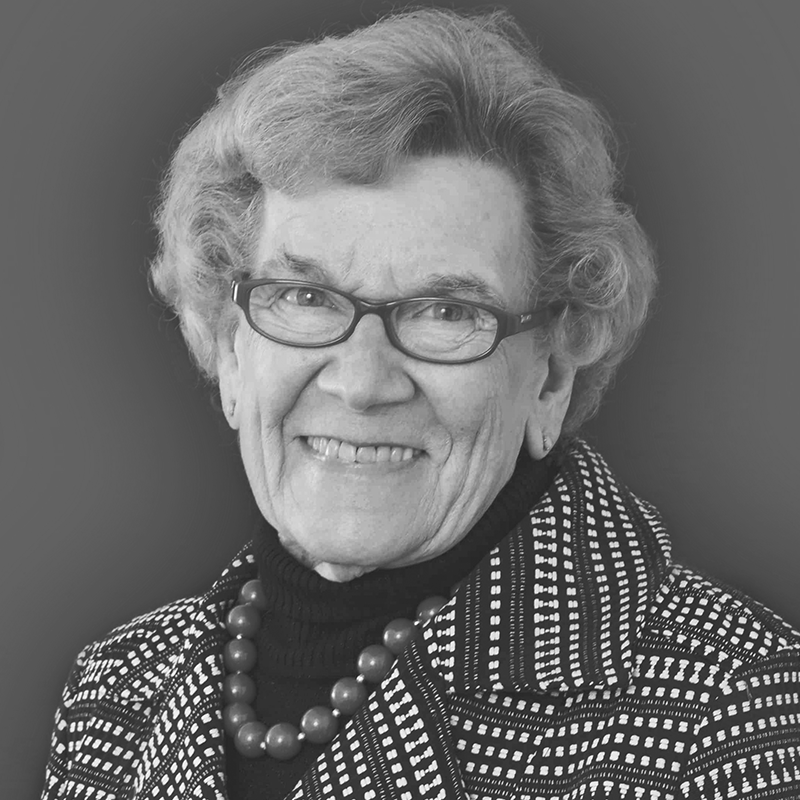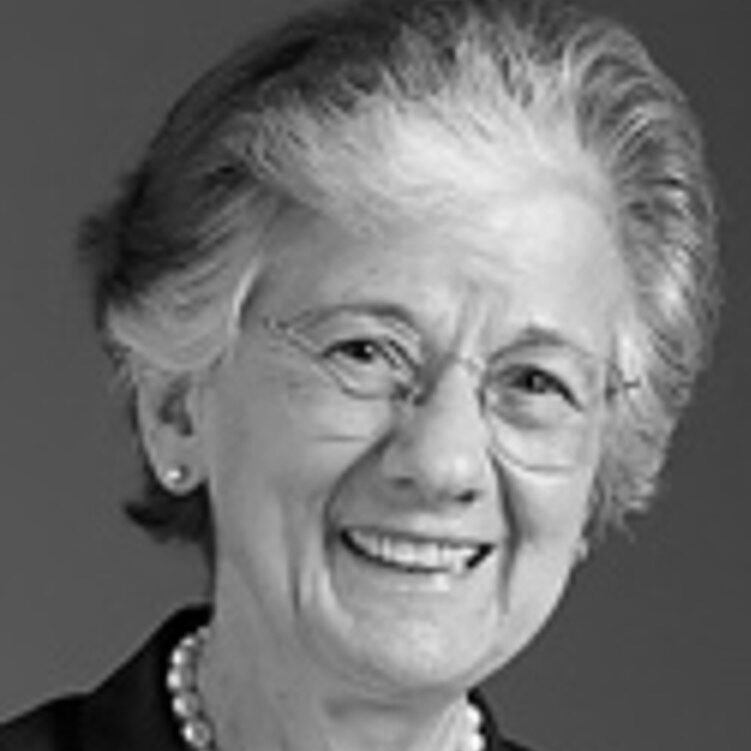Keystone Bio brings Biotech, Medicine, and Dentistry together to shut down systemic inflammation.
Keystone Bio’s team has discovered a unique set of toxins released by Porphyromonas gingivalis (Pg) from the mouth into the bloodstream. Pg’s daily flow of toxins drive inflammation throughout the body. Pg’s toxins disrupts the innate immune system triggering the overexpression of the NLRP3 inflammasome and induce systemic and neuro-inflammation, tau phosphorylation and memory dysfuction.
This is currently untreatable, undiagnosable and has no cure.
Keystone Bio is advancing therapeutics and companion diagnostic targeting Porphyromonas gingivalis (Pg) to stop the flow of this toxin-driven inflammation.
Keystone Bio targets the root cause of inflammatory diseases by eliminating specific virulent strains of Porphyromonas gingivalis (Pg), a highly prevalent and oral pathogen that secrete toxins that travel through the bloodstream, triggering inflammatory pathways leading to disease.
About
Keystone Bio is advancing both novel therapeutics and companion diagnostics that together shuts down this primary driver of systemic inflammation, the root cause of many neurodegenerative and vascular diseases affecting hundreds of millions of people.
Our lead monoclonal antibody has been shown to eradicate Porphyromonas gingivalis (Pg) at its source stopping the daily flow of its highly virulent and disease-causing toxins throughout the body. Our team of entrepreneurs and scientists, including the world’s experts in Pg, Alzheimer’s, cardio-metabolic disease, and dentistry is working to stop disease at its source.
Inflammatory diseases are the most significant cause of death in the world today, with more than 50% of all deaths attributable to inflammatory diseases. Inflammation is the root cause of many vascular, end organ and neurodegenerative diseases affecting hundreds of millions of people.
By diagnosing toxin producing strains then treating Pg in the mouth, we stop the flow of Pg toxins driving systemic inflammation driven diseases.
There’s robust scientific evidence linking Pg in the mouth to widespread, systemic acute/subacute and inflammation including several authored by KB’s team in peer-reviewed publications. There’s also substantial evidence that early intervention can modify, prevent, and reverse the many vascular inflammation driven diseases, including dementia and early Alzheimer’s disease.
Pipeline
Our combination of monoclonal antibody therapeutics and companion diagnostics take aim at this highly validated daily driver of inflammation that has been shown to overexpress NLRP3 inflammasome/IL-1b/TNFa pathways and elevate systemic inflammatory biomarkers—Ox-LDL, hs-CRP, Hb-A1c, Lp-PLA2, MPO, Troponin, pro-BNP and adversely affect HDL.
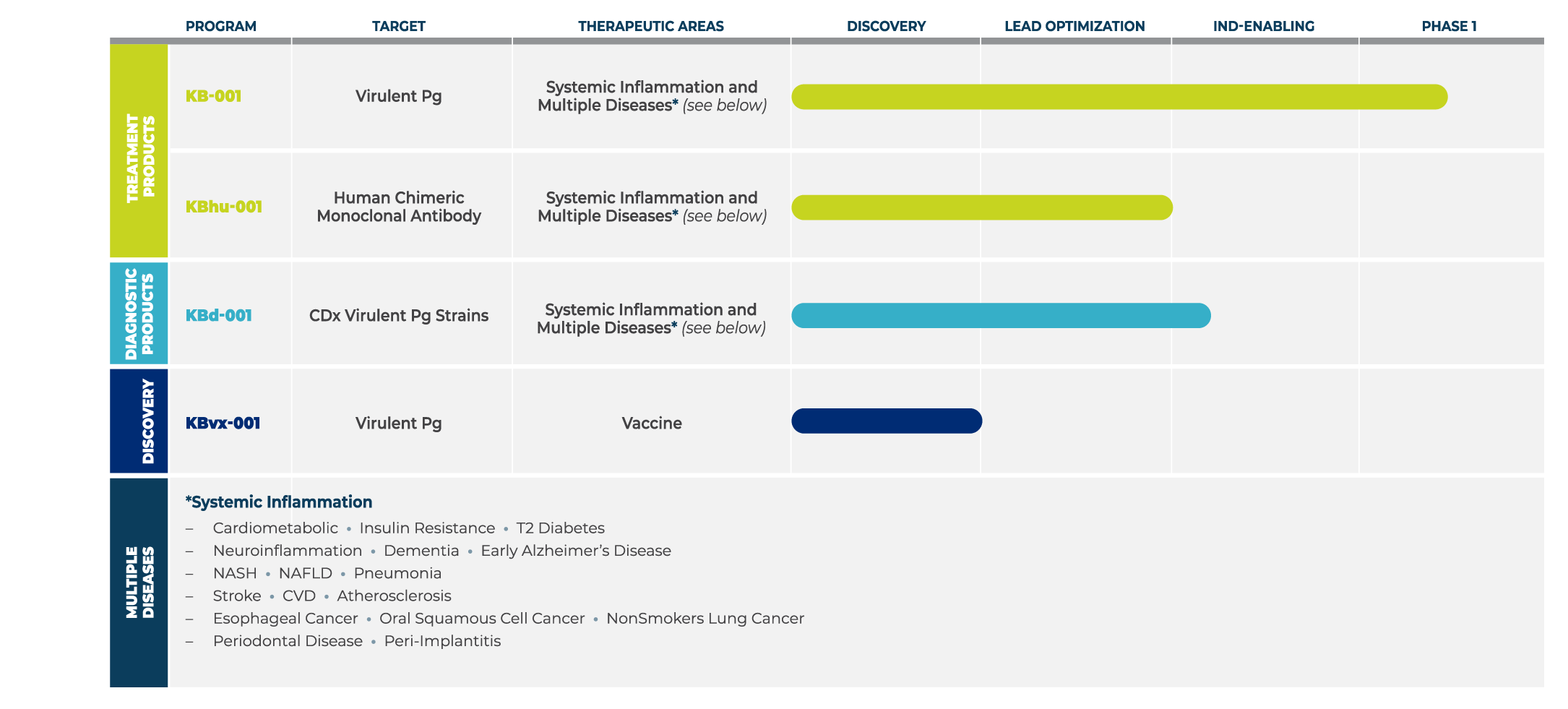
Clinical
KB-001
Topical, orally-placed monoclonal antibody that uniquely binds to Porphyromonas gingivalis toxin complex.
Preclinical
KBhu-001
Humanized chimeric monoclonal antibody candidates with similar binding to Porphyromonas gingivalis, ready for drug development.
KBd-001
CDx measuring serum antibodies to the toxic virulence factors.
CDx assay being further evaluated for a possible role in specific early diagnosis of various inflammatory based diseases.
KBvx-001
Vaccine development targeting same protein complex as KB-001 Mab.
Team
Leadership Team
Daniel Sindelar DMD
Peter Nara, DVM, PhD, FAAAS
Marc Penn, MD, PhD
The Advisory
News
Press Releases
Publications
Keystone Bio
Topical application of Porphyromonas gingivalis into the gingival pocket in mice leads to infection, periodontitis and systemic inflammation
International Journal of Molecular Medicine, April 14, 2022
Porphyromonas gingivalis Outer Membrane Vesicles as the Major Driver of and Explanation for Neuropathogenesis, the Cholinergic Hypothesis, Iron Dyshomeostasis, and Salivary Lactoferrin in Alzheimer’s
Journal of Alzheimer’s Disease 82 (2021) 1417–1450
A study on the distribution of Porphyromonas gingivalis repeated epitope in hemagglutinin/adhesion and hagA gingipains domain antigen and DNA in Alzheimer brains
Alzheimer’s & Dementia 2021;17(Suppl. 3)
Contact

Dr. Sindelar is a pioneer in systemic oral health and a world’s leading expert on oral pathogens impact on neurodegenerative and inflammatory diseases. He is a co-founder and former President of the American Academy for Oral Systemic Health (AAOSH). He is the first dental professional to receive a Preceptorship for Heart Attack and Stroke Prevention. He has participated in several Harvard Executive Management Programs. Dr. Sindelar was previously President of Sindelar Dental for several decades providing Physician coordinated oral care.
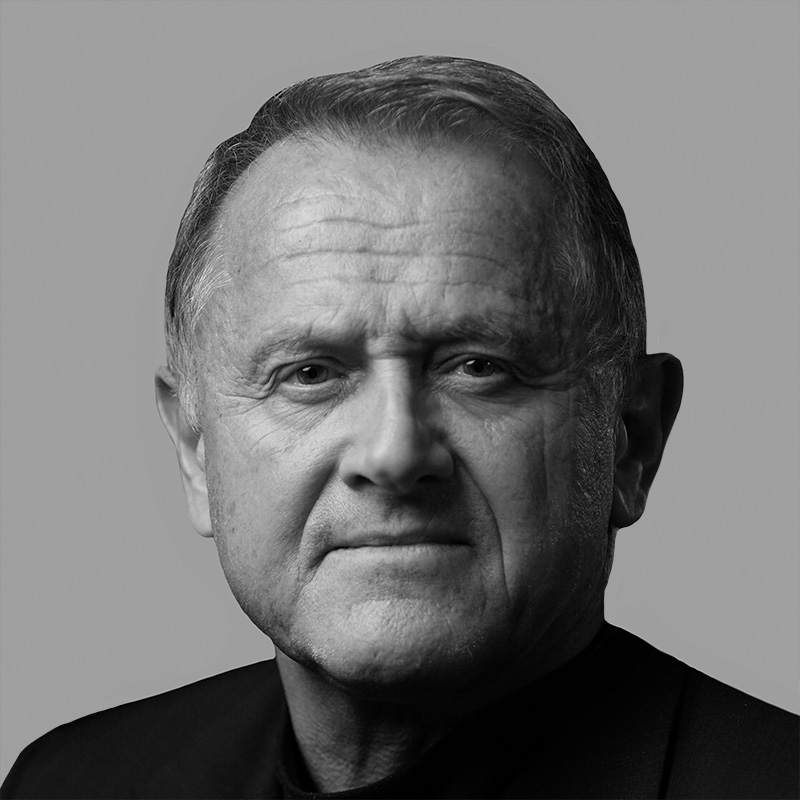
Dr. Nara is a serial biotechnology entrepreneur and a world’s leading expert in infectious diseases, biologics, and vaccinology. Prior to Keystone Bio, Dr. Nara was former Section Chief National Cancer Institute and co-founder and CEO of Biological Mimetics, a biotech firm developing new generation antigens, vaccines and antibodies. He also co-founded Lantern Pharma who develops precision cancer therapies leveraging AI and genomics.

Dr. Penn is a world’s leading expert in cardiology, vascular inflammation, and inflammatory cardiovascular disease. He is the former Head of ICU cardiology at the Cleveland Clinic and founder and Chief Medical Officer of the Cleveland HeartLab, pioneering Inflammatory Testing. Former Director of the Bakken Heart Brain Institute. Dr Penn is Director of Research and Cardiovascular Medicine Fellowship at Summa Cardiovascular Institute. Dr Penn also serves as Senior Advisor and Medical Director, Cardio Metabolic Endocrine Franchise, Quest Diagnostics.

Dr. Rafii is a physician-scientist with extensive research experience on Alzheimer’s disease and strong background in multi-center clinical trials on Alzheimer’s. He is a board-certified Neurologist, and also the Medical Director of the Alzheimer’s Therapeutic Research Institute (ATRI) and Associate Professor of Neurology at the Keck School of Medicine of the University of Southern California. He is the Principal Investigator of the international Alzheimer’s Clinical Trials Consortium - Down Syndrome (ACTC-DS).

Jim Klein has extensive international experience working with both public and non-public companies in the life science sector with a background as CFO of several pharmaceutical and biotech companies.
He was previously CFO of Micell Technologies, Adherex Technologies and Triangle Pharmaceuticals, a $500m biotech firm where he led the IPO.

Executive Director of the Center for Genomic Sciences, Executive Director of the Center for Advanced Microbial Processing, and Executive Director of the Center for Surgical Infections and Biofilms within the Institute for Molecular Medicine and Infectious Disease at Drexel College of Medicine. In addition, Dr. Ehrlich serves as the Director of the Genomics Core Facility and the newly created Drexel Medicine Diagnostics Laboratory. To his role as Chair of the SAB, Dr. Ehrlich brings a lifetime of experience in molecular medicine, genomic science, and molecular diagnostics of infectious diseases.

Professor of Neuroscience and Director of Alzheimer's Disease Research Center (ADRC) neuropathology and biomarker cores at the University of California, San Diego. Dr. Rissman is the biomarker unit lead for NIA's Alzheimer's Clinical Trials Consortium (ACTC) through the Alzheimer's Therapeutic Research Institute (ATRI) of University of Southern California (USC). He contributes significant experience in diagnostics for neurodegenerative diseases including Alzheimer’s Disease.
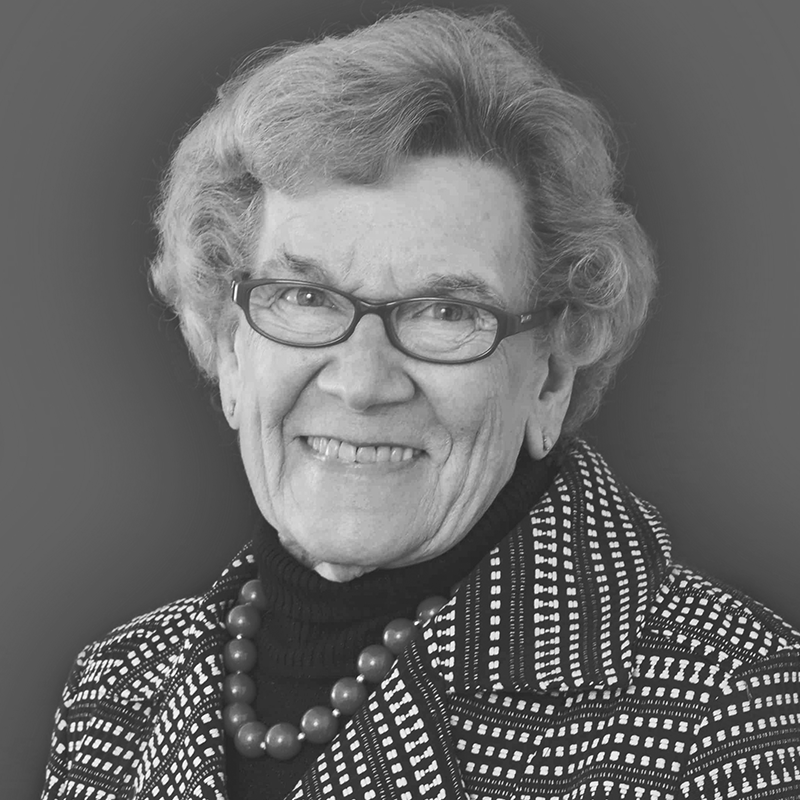
One of the world’s leading neuroscientists with a focus on the role of neuroinflammation in the pathogenesis of Alzheimer’s disease and other neurodegenerative conditions. In her role, Dr. Griffin provides deep expertise in neuroinflammation and its impact on Alzheimer’s Disease. Editor-in-Chief, Journal of Neuroinflammation. Professor & Vice Chairman, Donald W. Reynolds Dept. of Geriatrics, University of Arkansas for Medical Sciences. Director of Research, Geriatric Research, Education and Clinical Center, VAMC/CAVHS.
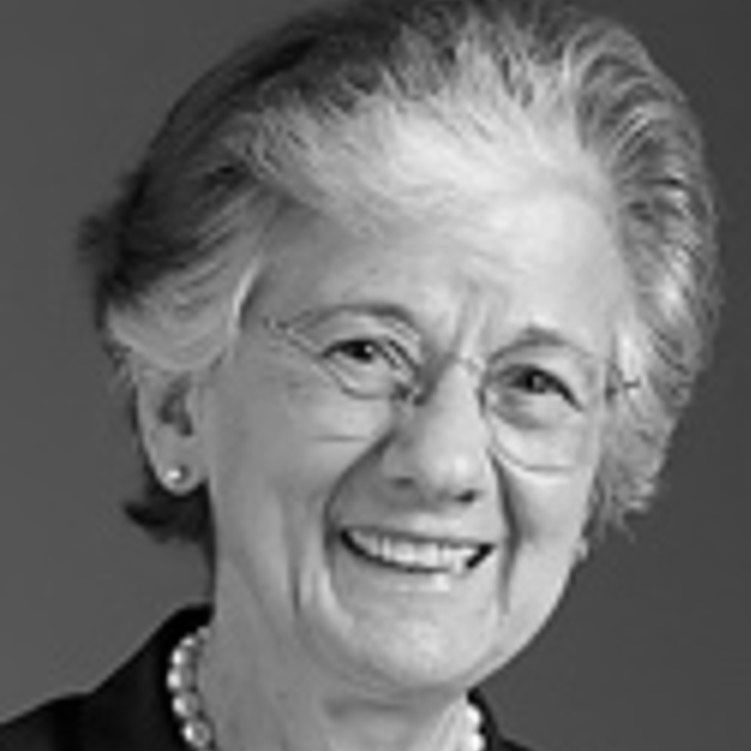
Member of the National Academy of Sciences, Distinguished University Professor of the University of Maryland College Park and at Johns Hopkins University Bloomberg School of Public Health, Senior Advisor and Chairman Emeritus at Canon US Life Sciences, Inc., and President and Chairman of CosmosID, Inc. Dr. Colwell served as the eleventh director of the National Sciences Foundation and has received the 2006 National Medal of Science. She brings a wealth of experience in global infectious disease policy and research and deep scientific advisory acumen to her role.

One of the world’s leading researchers on Porphyromonas gingivalis. Research professor at Jagiellonian University and Professor and Academic Scholar at the University of Louisville School of Dentistry. Dr. Potempa brings expertise in Porphyromonas gingivalis (Pg) biology to his role.
Member of the Polish Biochemical Society, International Association of Dental Research, International Proteolysis Society and the American Microbiology Society. Laureate of the Prime Minister’s Award for exceptional scientific achievements (2001).

Chief Executive Officer at Precion LLC focusing on early detection chronic diseases. Lonergan shares his extensive knowledge on diagnostics for disease detection.

Chief Executive Officer and Founder of Painless Social Media, LLC, and Venture Partner at Revere Partners. Dr. Zuckerberg shares experience in dentistry, periodontal disease, and social media.

Dr. Jim Ray is the Executive Director of Neuroscience for the University of Texas MD Anderson Cancer Center and the Director of The Neurodegeneration Consortium, a non-profit biotech-like drug discovery group that develops therapeutics for Alzheimer’s disease (AD) and related disorders. After completing his PhD in Neuroscience and post-doctoral studies in Alzheimer’s disease with Dr. Alison Goate at Washington University School of Medicine, Dr. Ray started his career at Merck, the world’s largest pharmaceutical company at the time, to learn drug discovery. There he developed clinical candidate selective androgen receptor modulators for musculoskeletal and CNS disorders, then led the discovery and development of the M1 muscarinic modulator MK-7622 into Phase II for AD, along with 2 backup molecules. After leading the AD department at the West Point site and establishing a pipeline of 8 novel programs, he left to help launch Envoy Therapeutics, co-founded by Nat Heintz, Paul Greengard, and Jeff Friedman. After leading Envoy’s successful deployment of riboTRAP technology and developing a pipeline of 5 lead optimization programs, Dr. Ray joined Takeda when they acquired Envoy. There he led CNS drug discovery in the US at the San Diego site. The pipeline developed at Envoy and then Takeda produced CNV-424, a Phase IIB/III molecule for Parkinson’s disease, TAK-041, a Phase II molecule for depression and autism, and TAK-057, a Phase I molecule for schizophrenia, as well as several molecules in preclinical development. Next Dr. Ray joined the NDC as its Executive Director. The NDC is a venture philanthropy biotech organization that involves collaboration with academic centers outside of MD Anderson, including MIT, Mt Sinai School of Medicine, Baylor College of Medicine, University of Texas Health Science Centers at San Antonio and Houston, and NYU. The NDC over the last 7 years has raised over $80 mm in research funding and prosecuted over 40 drug discovery projects, 4 of which led to industry partnerships. One program became the foundation for Magnolia Neurosciences, co-founded by Dr. Ray, which received $31 mm in funding from Accelerator Life Science Partners and $20 mm in CPRIT funding. Two programs became the foundation for a $10 mm strategic alliance with Denali Therapeutics, and one program advancing into Phase I is supported by Balchem, Inc. In addition, At MD Anderson Dr. Ray is the founding co-Director of the NeuroHealth Initiative, founding co-Director of the Cancer Neuroscience Program, on the Executive Committee for the Brain Tumor Center, and leads Frontiers in Neuroscience, a strategic alliance between MD Anderson and University of Texas, Austin. He also serves on the Board of Directors of the Southeast Texas Alzheimer’s Association, is a standing member of the NINDS’ NSD-B review board, and is on the Scientific Advisory Board for Cerevance. He has published 61 papers and holds 15 patents.
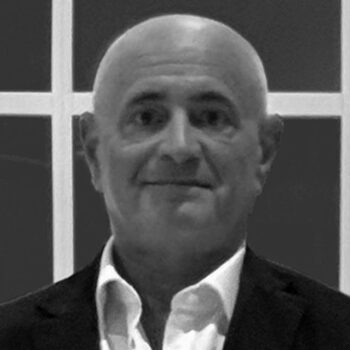
Dr. Jeffrey Dorfman is an entrepreneur whose interests include intellectual property and venture capital. He serves on numerous boards, and is involved in local & national politics. He is a retired NYC dental surgeon and professor at Columbia University & NYU. Dr. Dorfman spent eight years at The University of Pennsylvania where he obtained a degree in biochemistry, a minor in economics at Wharton, and his doctorate in dental medicine. His charitable work focuses on urban education.

